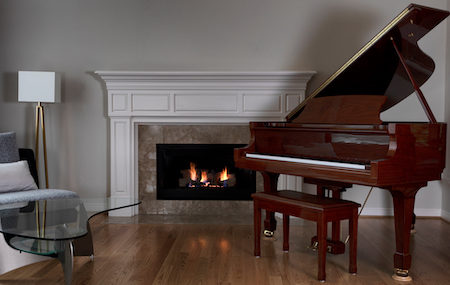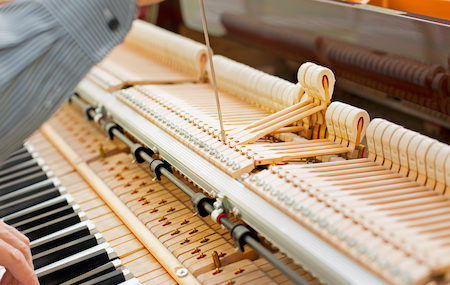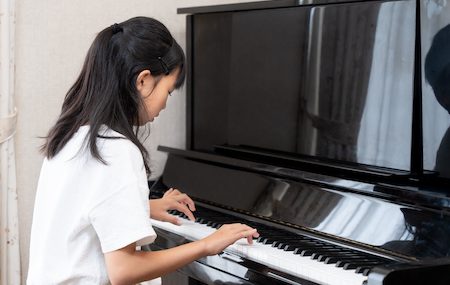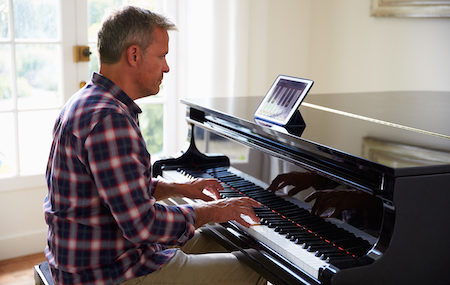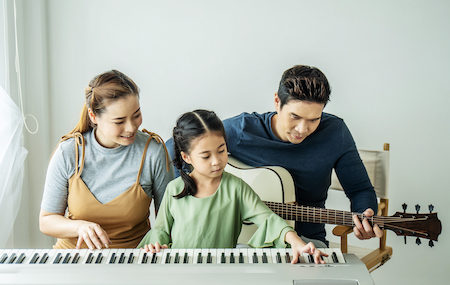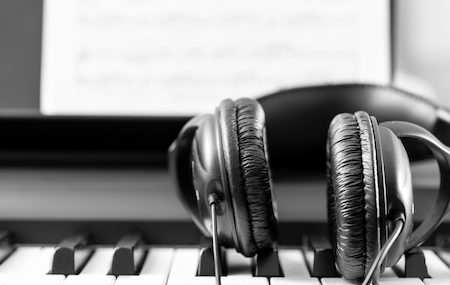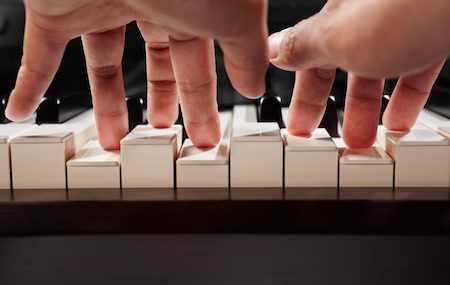You only have to look at a piano to understand its weight. It combines thick hardwood, heavy cast iron plates, and more than 10,000 components to create a one-of-a-kind instrument.
If you compare it to all other instruments, no other comes close to its sheer size and volume. You might be able to pack away a trumpet or saxophone and carry it with you, but you’ll never be able to walk away with an acoustic piano.
Of course, how much a piano weighs depends on its size and shape.
Vertical pianos
- Uprights – 480-600 pounds
- Studio – 400-500 pounds
- Console – 350-450 pounds
- Spinet – 200-300 pounds
Grand pianos
- Baby – 500-1,100 pounds
- Petite – 400-500 pounds
- Medium – 500-600 pounds
- Parlor – 600-700 pounds
- Ballroom – 900-1,000 pounds
- Concert – 700-1,200 pounds
Digital pianos
- Digital keyboards – 25-60 pounds
- Standalones – 100-300 pounds
- Digital grand – 150-350 pounds
It’s important to understand that digital pianos play differently from uprights and grands. They don’t utilize strings and soundboards; instead, they use recording sensors to create a similar sound.
No matter what piano you’re considering, it’s important to use appropriate equipment when moving it. That includes proper piano straps, padding, and other tools to move it safely and securely. It’s not just the weight that makes moving difficult; it’s also the weight distribution. While most of the weight is consolidated into the soundboard and inner workings of the piano, you also have delicate features such as the legs. One wrong move can crack or break off the legs, and cause extensive damage to the piano.
